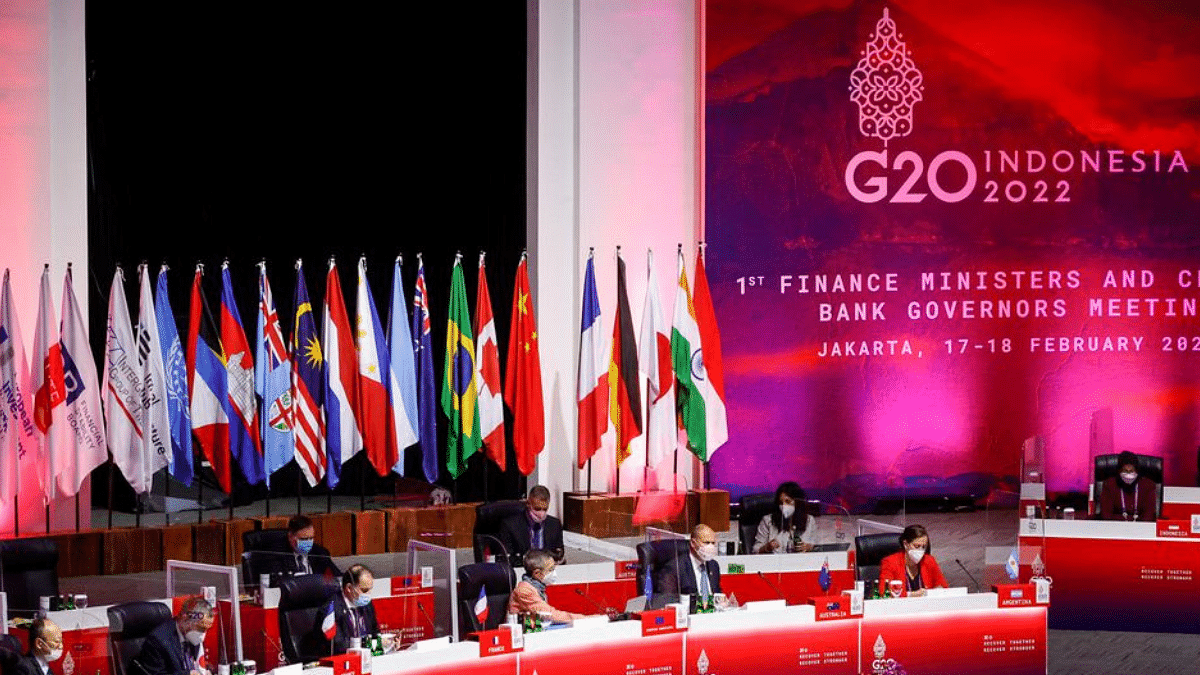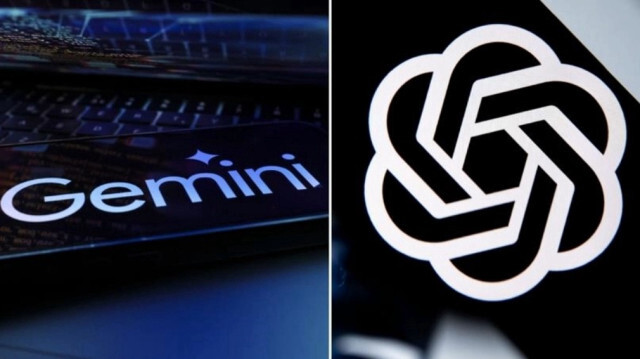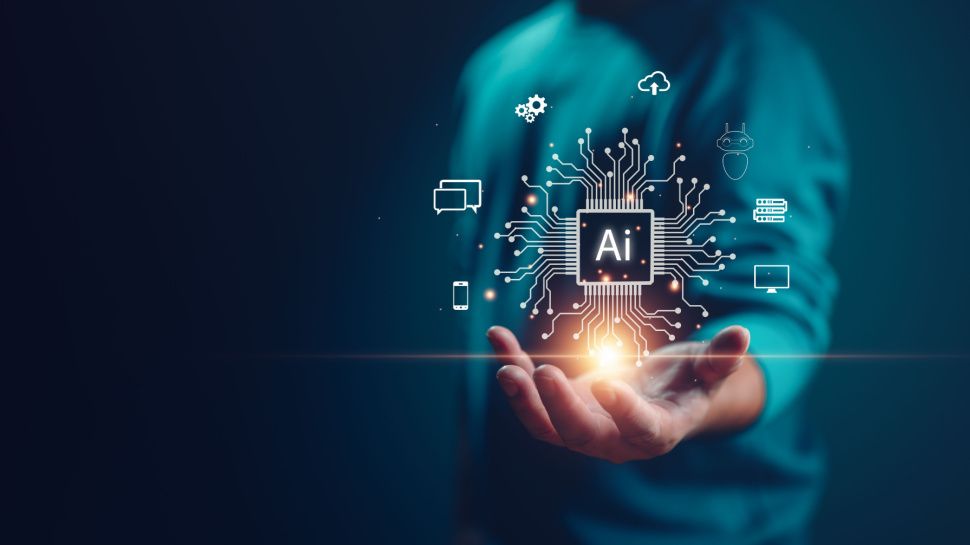
In the world’s most superior economies, artificial intelligence or AI is ubiquitous, underpinning all the things from focused promoting to precision agriculture to improved well being diagnostics. Even in international locations the place adoption has been extra measured, AI nonetheless features as an engine of innovation and gives promising new methods to deal with long-standing challenges in social and financial improvement. As a founding member of the Global Partnership on Artificial Intelligence and an early AI adopter, India has proven distinct and important receptivity to the expertise.
The previous decade or so of AI’s proliferation, nonetheless, has made it abundantly clear that it may possibly additionally lead to far-reaching harms that should be addressed. For instance, commercially obtainable facial evaluation software program has been well-documented to be each racially and gender-biased, which might end result in gravely damaging outcomes when these programs are utilized by regulation enforcement, main to the misidentification of people. In the United States, extensively used health-risk prediction algorithms have been proven to discriminate towards Black sufferers, ensuing in vastly disparate requirements of care. AI’s data-driven, black-box nature permits it to be an environment friendly means for laundering bias and sidestepping accountability, typically placing this highly effective expertise at odds with the safety of rights and preservation of rights.
It is affordable to be involved that reliance on AI will exacerbate long-standing power asymmetries and patterns of discrimination, and that marginalised, excluded, or oppressed communities will bear the brunt of this hurt. These communities exist internationally. However, there is a persistent dearth of views from amongst these in affected communities – inside the so-called Global South – in direction of shaping the worldwide consensus of the harms that the accountable AI group should deal with. Despite some promising steps ahead, international AI governance is being formed primarily by these in positions of privilege in economically superior international locations at the same time as AI applied sciences are being deployed in and exported to Global South jurisdictions.
Why India’s management is vital
India is well-placed to deal with this problem. Its position inside the G20, and its acknowledged give attention to inclusive digital transformation, may permit it to assist guarantee those that are most actively pushing AI’s evolution and dissemination contend extra effectively with the sometimes-painful realities which can be starting to take form not solely domestically but additionally worldwide.
Formal declarations of AI ideas have been put ahead by governments, intergovernmental organisations, firms, and civil society coalitions. They supply numerous definitions of accountable AI and prescriptions for the way to deal with related dangers. In 2019, the G20 adopted AI ideas in this vein, drawn from the Organisation for Economic Co-operation and Development (OECD) suggestion on AI. But as India steps into this management position, there is a possibility to prioritise not solely the agenda of how these ideas are carried out but additionally by and for whom.
For instance, these pushing for human-centred AI typically overlook the ‘human provide chain’ that fuels the manufacturing of AI instruments—those that are finishing up the tedious, underpaid duties of labelling coaching knowledge or doing the emotionally taxing and traumatising work of content material moderation. “Market-optimised” labour preparations drive these duties to those that are keen to carry them out for the least compensation, and sometimes with the least protections in place, main to outsourcing preparations that may border on predatory. This upstream human value is typically ignored even when consideration is given to how AI coverage could be set to make sure the downstream use of those instruments is “human-centred”.
Similarly, the unfavourable local weather impacts of AI proceed at a staggering tempo as energy-consumptive fashions proceed to be pushed to the ‘bleeding edge’. Training a bigger AI mannequin even as soon as can rival the lifetime emissions of 5 automobiles. With a disproportionate local weather burden being carried by these in the Global South, the accountable AI dialogue would profit from contemplating how to steward the power consumption of the sphere extra responsibly.
The international AI ecosystem continues to evolve such that the event and use of AI-backed applied sciences intersects with – and probably even advantages from – power asymmetries on the native, nationwide, or international scale. We can not, subsequently, afford to assume that accountable AI could be achieved with out better common illustration from all affected actors.
Also learn: Xi’s promotion of technocrats has two objectives—compete with US, scale back problem to his power
G20 is alternative
G20 efforts to promote principled AI may align with extra globally consultant efforts to do the identical. In 2021, United Nations Educational, Scientific and Cultural Organization (UNESCO) formally adopted the Recommendation on the Ethics of Artificial Intelligence. Owing in giant half to the worldwide, collaborative method to creating and deliberating this steering, this has garnered the commitments from international locations not solely in the Global North however from all 193 UNESCO member states. The profitable implementation of those commitments is nonetheless removed from a foregone conclusion – together with, critically, in India.
Yet the muse for profitable implementation has at the least been laid. By prioritising inclusion, illustration, and recognising the worldwide interconnectedness that AI is dependent upon, efforts to floor admittedly lofty ideas in regionally knowledgeable, regionally led approaches shall be higher ready to deal with the big selection of moral considerations which have begun to come up throughout the worldwide panorama. Learning alongside UNESCO’s implementation efforts in order to inform a G20 AI ideas implementation agenda would assist to make sure that the way in which in which the world’s most superior economies make investments in AI advantages all, not just a few, of humanity.
Without contemplating AI challenges in creating international locations, the worldwide response to addressing its harms and equitably reaping its advantages will stay insufficient, main to a extra unequal and divisive future. As India appears to set its G20 agenda, this is an opportune second to take into account how to drive extra significant enter from Global South actors and push the worldwide group towards extra accountable, principled AI.
Aubra Anthony is a senior fellow in the Technology and International Affairs Program atCarnegie Endowment for International Peace. Views are private.
https://news.google.com/__i/rss/rd/articles/CBMigAFodHRwczovL3RoZXByaW50LmluL29waW5pb24vZzIwLXByZXNpZGVuY3ktaXMtaW5kaWFzLWNoYW5jZS10by1maXgtcG93ZXItaW1iYWxhbmNlcy1pbi1hcnRpZmljaWFsLWludGVsbGlnZW5jZS1hZG9wdGlvbi8xMjM2NjQwL9IBhAFodHRwczovL3RoZXByaW50LmluL29waW5pb24vZzIwLXByZXNpZGVuY3ktaXMtaW5kaWFzLWNoYW5jZS10by1maXgtcG93ZXItaW1iYWxhbmNlcy1pbi1hcnRpZmljaWFsLWludGVsbGlnZW5jZS1hZG9wdGlvbi8xMjM2NjQwLz9hbXA?oc=5




